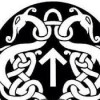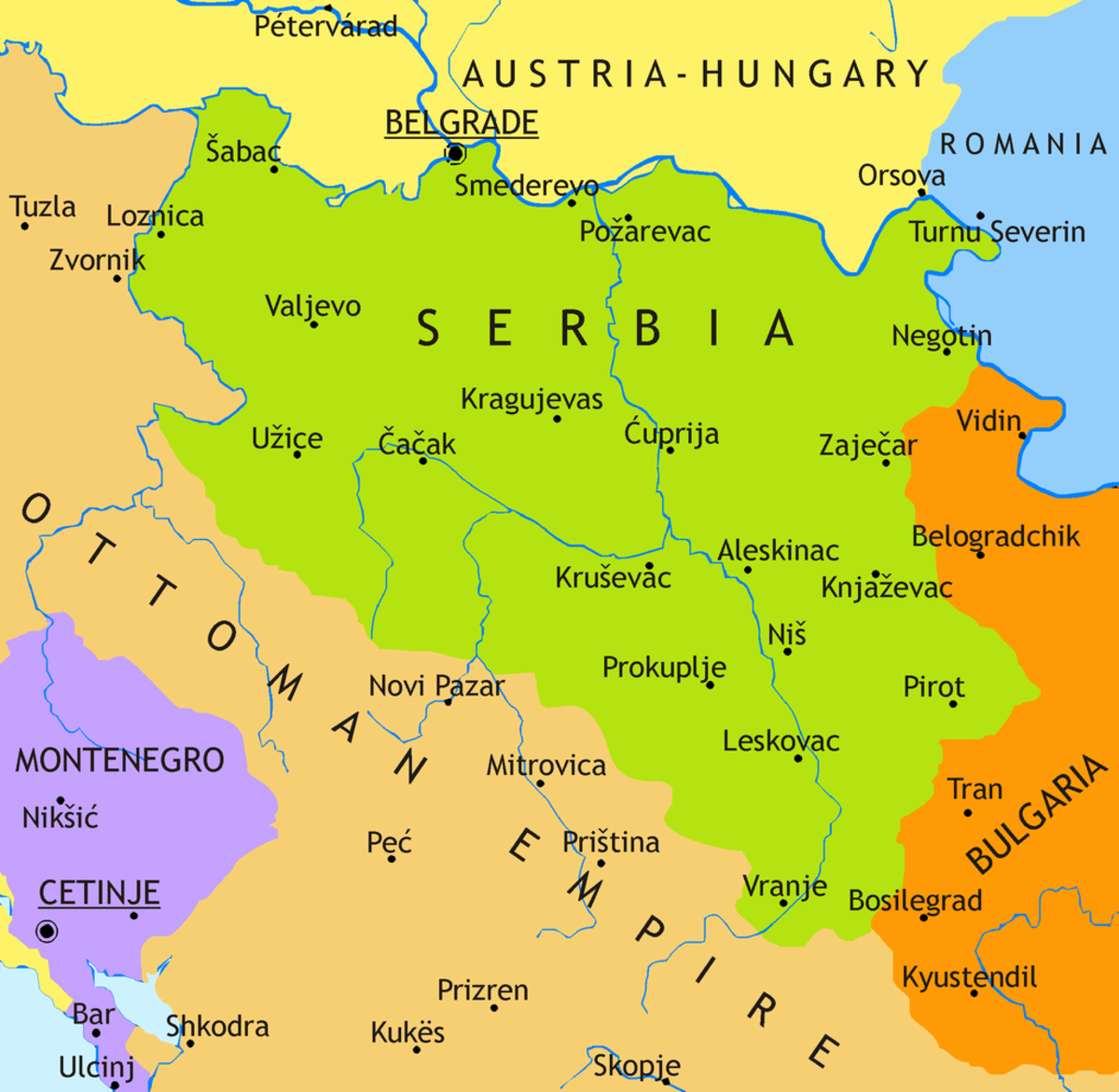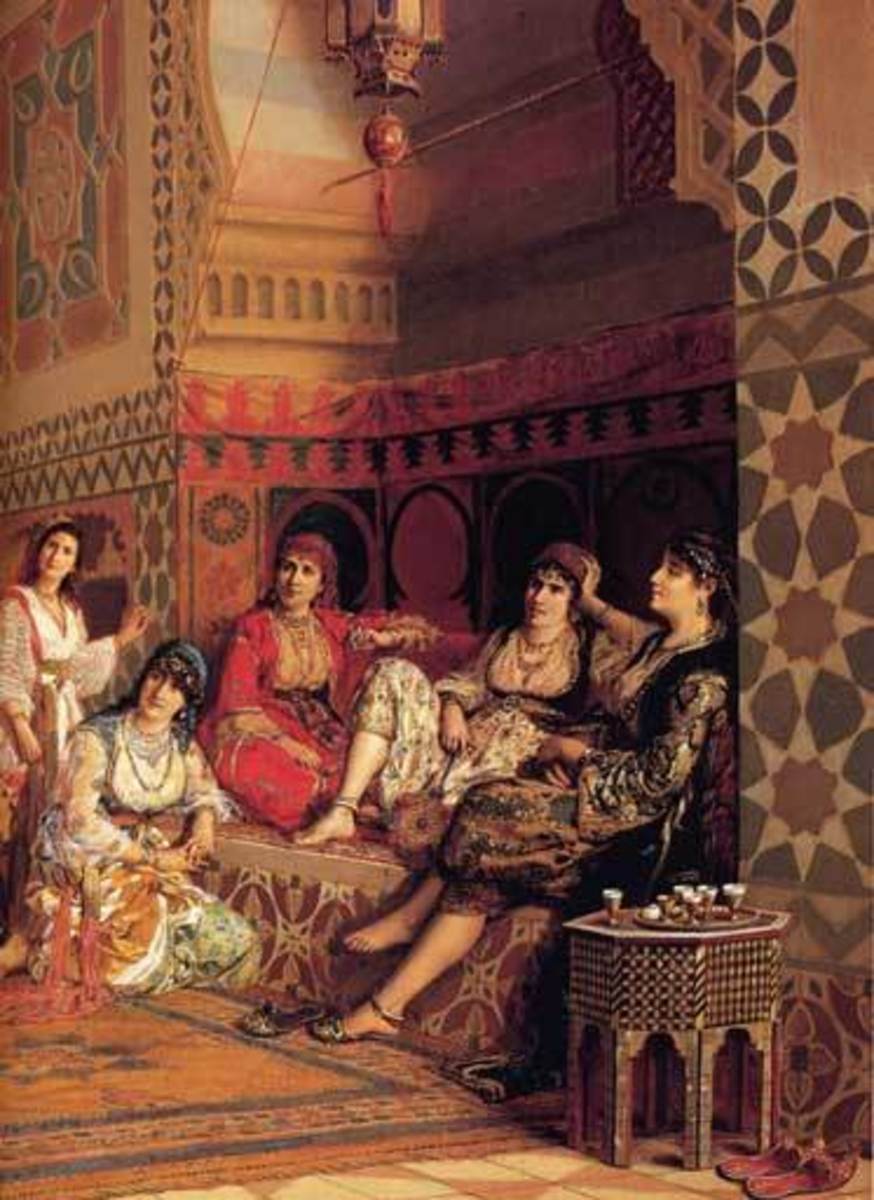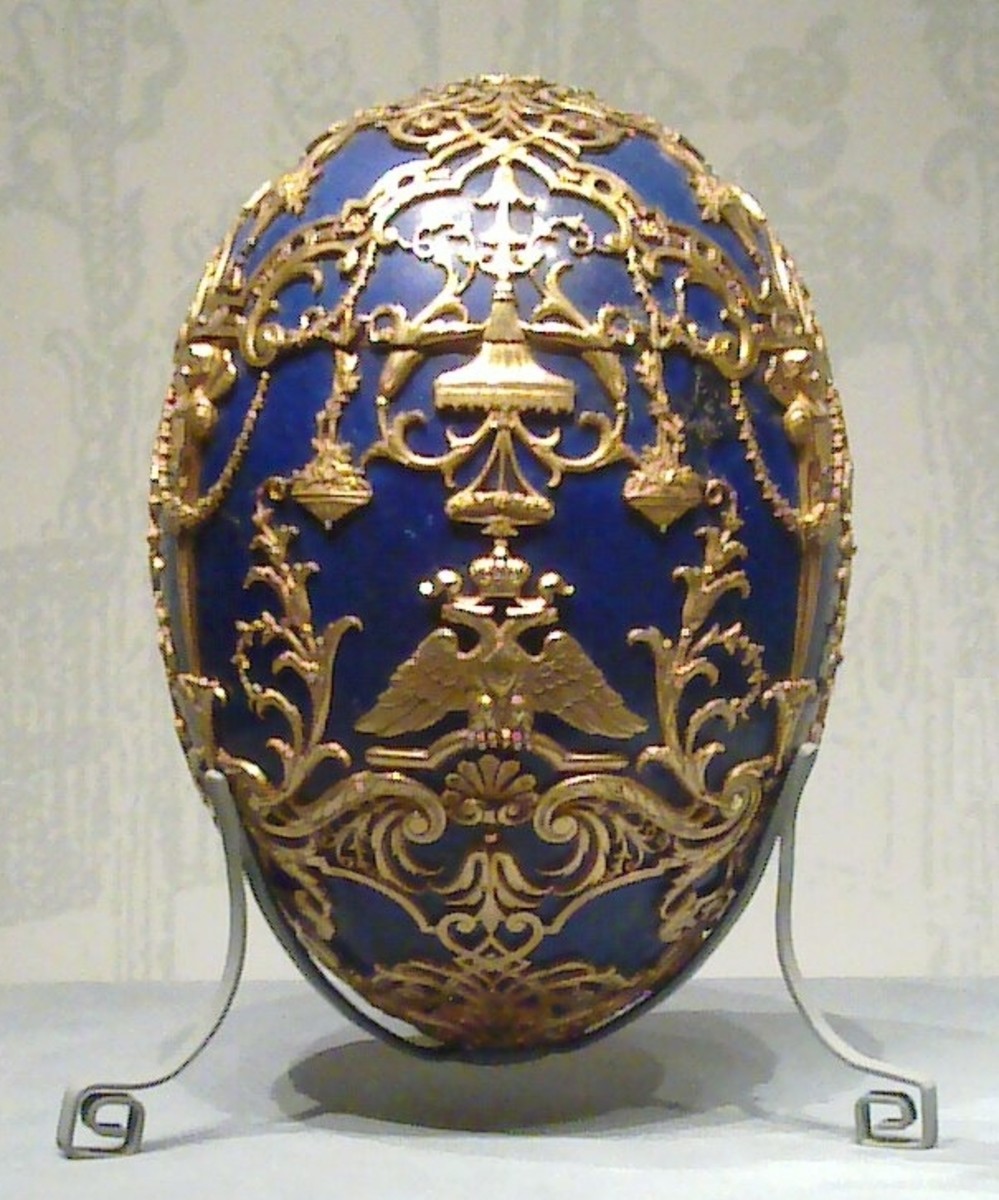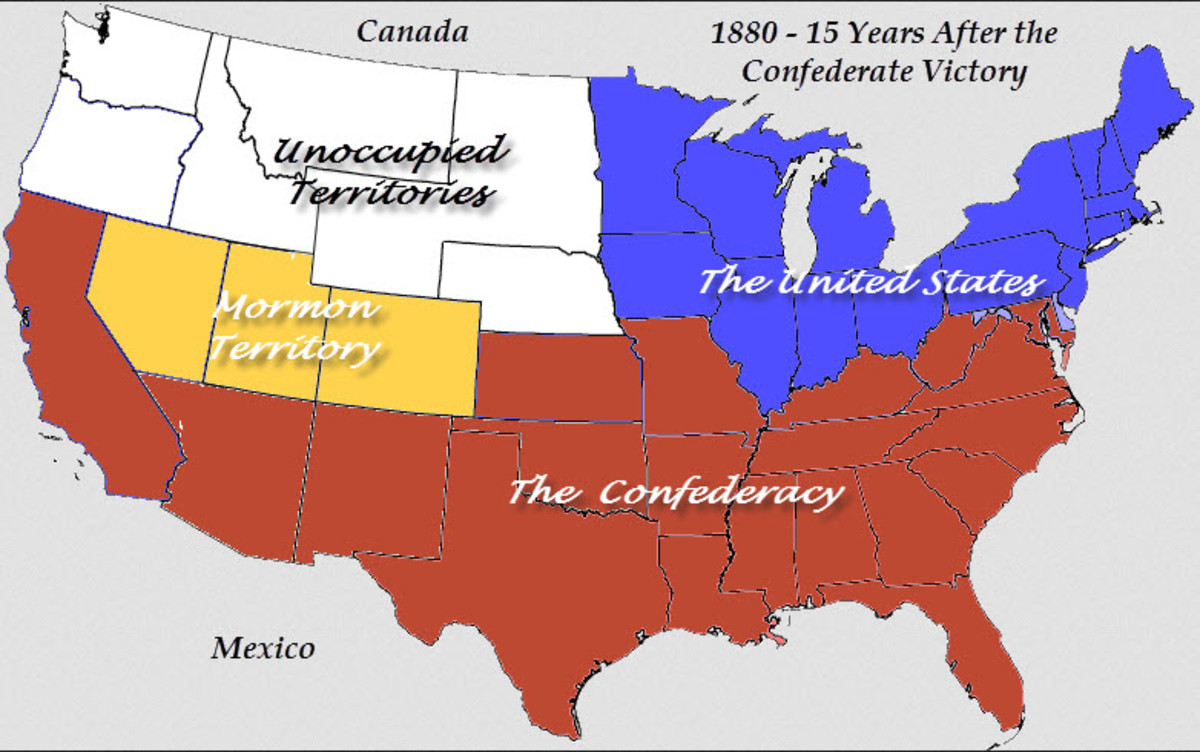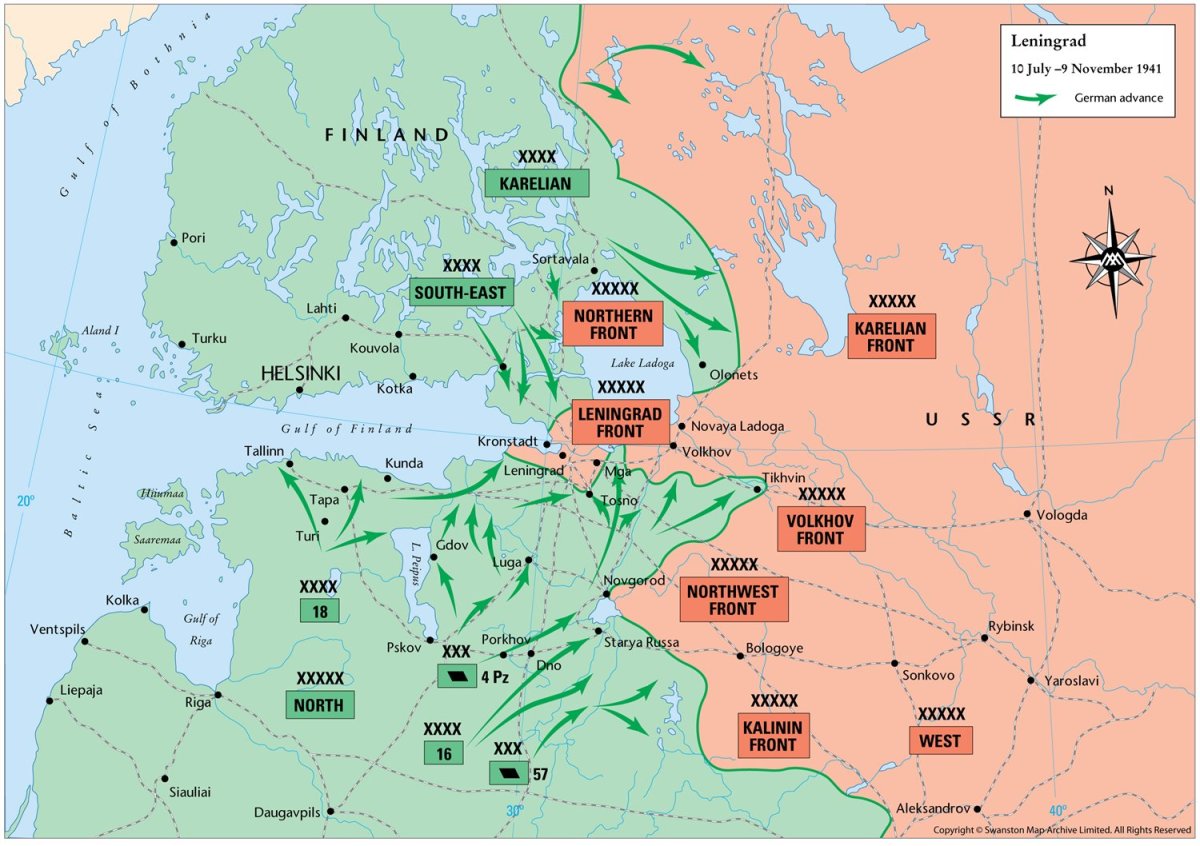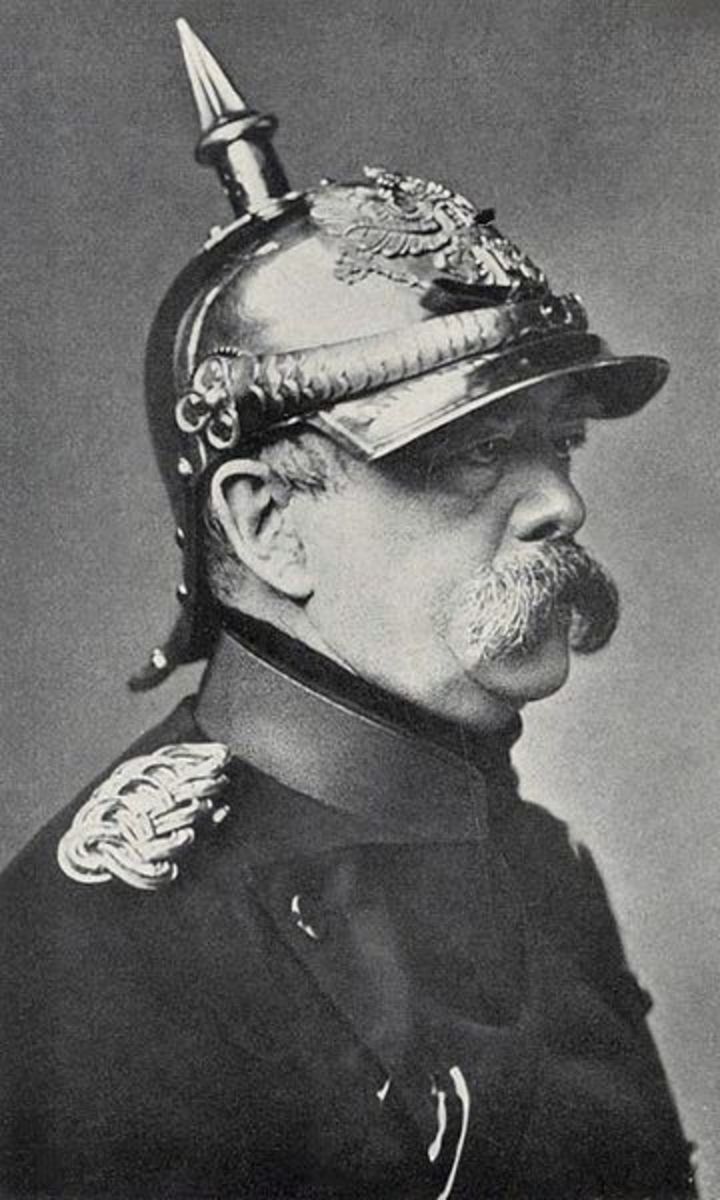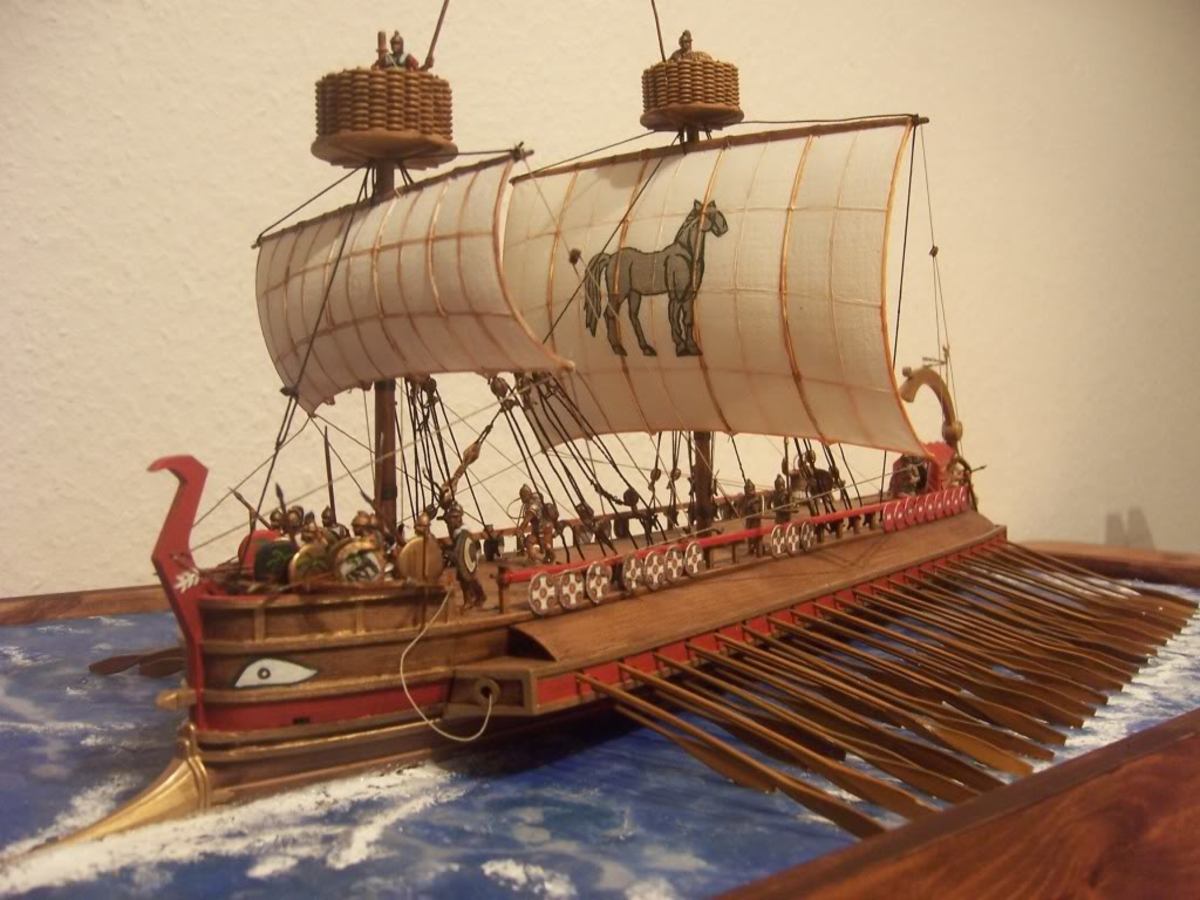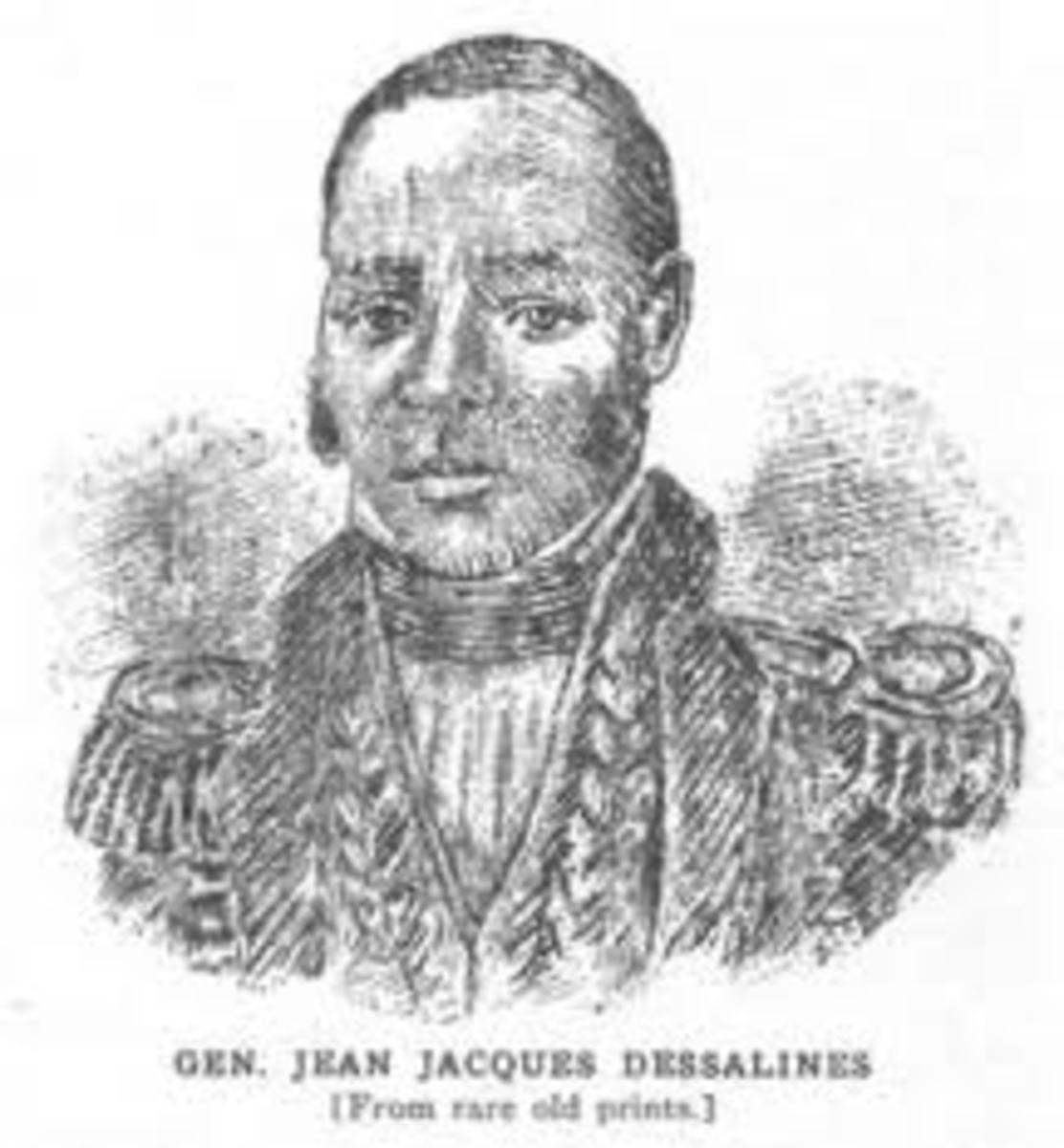The Cossacks of Imperial Russia.
Guardians of the Tsar's Russia.
The Cossack's of the old Imperial Russian Empire were relatively unknown to the wider world, it was only after the end of the Napoleonic era that they became more well known. The Cossack's cultural identity made them stand out from the regular armed forces of the Russian Empire. The Cossack's of Imperial Russia made a name for themselves whilst fighting Napoleon Bonaparte's much feared army into the heart of Russian territory. These people's of the Russian Steppes provided both security and fierce warriors for the mighty Russian Empire. For over four centuries, the Cossack's showed unwavering loyalty to the autocratic rule of the Russian Tsar.
The Cossack's fell out of favour with Russian society in the communist era. The Soviet regime implemented restrictive policies towards them, as they hoped to eradicate the cultural identity of the Cossack's. This was due to the Cossack's loyalty to the Russian Empire, their fiercely proud identity and the fact that the Cossack's did not recognize the legitimacy of the Soviet's revolution. At the start of the Russian Revolution in 1917, the majority of the Cossack clans fought alongside the White Russians who wished to support the monarchy in their short lived civil war.
Formidable Mounted Warriors.
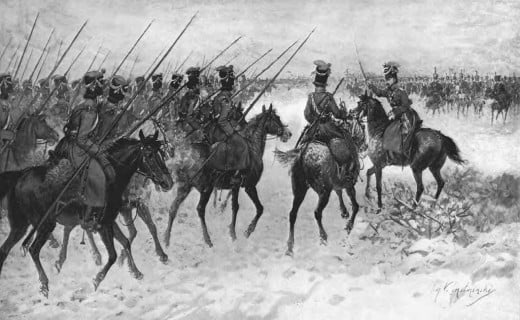
Who Were the Cossack's?
The Cossack people were originally a collection of individuals who are thought to have descended from the Tartar peoples of Eastern Europe and Central Asia. In the Medieval Age, the Tartar peoples became less prevalent and the Cossack people formed their own Christian identity within the safe area of the Imperial Russian Empire. The Cossack's of Imperial Russia renounced their pagan faith in order to assimilate into Russian society.
The word "Cossack" is derived from the Turkic term Kazak, which is itself used in the country named Kazakhstan. In the former Soviet Union, Kazak as a word can also translate as a "free man" or "adventurer". The many Cossack clans united in the 15th century as a semi-independent warrior organization that gave their loyalty purely to the Russian Tsar.
Were the Cossack People Just One Race?
The Cossack clans allowed any Christian from any ethnic group to join their ranks. If they could or were willing to fight for the people of the clan, then they were classed as a member of the tribe. The Cossack clans were mainly situated in the area around the Ukraine, Poland and Russia. They attracted many new members from the lower levels of Russian society and these Cossack clans soon settled in fresh locations within the Russian Empire.
Some of the locations that the Cossack clans spread into were...
- Zaporozhian ( The land beyond the Rapids)
- The area around the River Dnieper.
- The area around the River Volga.
- The area around the Ural River.
- The area around the Caucasus
- The area around the Don River.
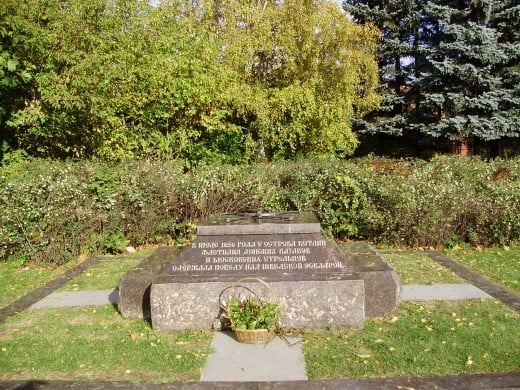
The formation of the Cossack's soon saw them used by the Russia establishment as a military force, this was due to their strong combat ethos and loyalty to the Christian Church and Tsar. The Cossack warrior would willingly fight other countries or peoples if it benefited a Christian cause. Warfare was a strong presence in Cossack culture, from birth a sword was rested on the newborns hand and the child was taught to ride from the age of three!
The Cossack's were used by Imperial Russia and the Polish nobles to secure their borders from the 16th Century until after the end of the Imperial Age. The Tsar used the Cossack's to ensure that Siberia became and remained part of the Imperial Russian Empire. The Cossack's defeated the Tartar's to ensure the smooth annexation of Siberia in 1584 AD. Despite a few minor defeats the Cossack's remained a very strong unit within Imperial Russia. What was surprising about the Cossack victory, was that there was only a relatively small force that was sent. This endeared the humble Cossack's to the Imperial Royal family for their sacrifices.
The only time that the Cossack's relationship became strained with the ruling elite, was in the late eighteenth century. The Russian influence on the Empire was becoming more noticeable and the Cossack's simplistic lifestyle was seen as been incompatible with the Russian way of doing things. The Cossack's rebelled but they were destined to lose their independent status within the hierarchy of Imperial Russia.
By the time of Napoleon;s advance into Russian territory, the Cossack's had reaffirmed their commitment to the Tsar and their importance to the security of the Russian Empire. The Cossack's were heavily involved in fighting back against Napoleon's French forces and had forged a fearsome reputation among the French. By the end of the continental war the Cossack's had been successful enough to loot Paris.
Napoleon once described the Cossack's as " A disgrace to the human species!"
The demise of the Cossack's in Russian was created by the rise of the Bolshevik's because of the Great War. The Cossack's fought bravely alongside their fellow soldiers but upon the Russian Revolution of 1917, they refused to desert the overthrown Tsar. The irony of the situation was that the Cossack's by their nature were quite Marxist in their desire to share their wealth equally.
Their loyalty to the Tsar and their White Russian allies put them at odds with the new Bolshevik leadership. Combined with their overt observation to the Russian Orthodox faith, they were soon seen as enemies of the people. This lead to nearly seventy years of repression by the Soviet State. Many of the Cossack's either died or fled the lands that they had helped to both defend and create.
- Five interesting facts about Berlin.
The Capital of Germany is full of things to do and has seen a lot of History since the creation of the united German nation. Here is a look at five interesting facts and attractions. - Russia and alcohol addiction.
Soviet Russia had stern measures of social control, and Alcohol abuse was not tolerated. In modern Russia with it's free market, it has encouraged many Russians to embrace Alcohol and abuse it freely.
This content is accurate and true to the best of the author’s knowledge and is not meant to substitute for formal and individualized advice from a qualified professional.
© 2013 Andrew Stewart
